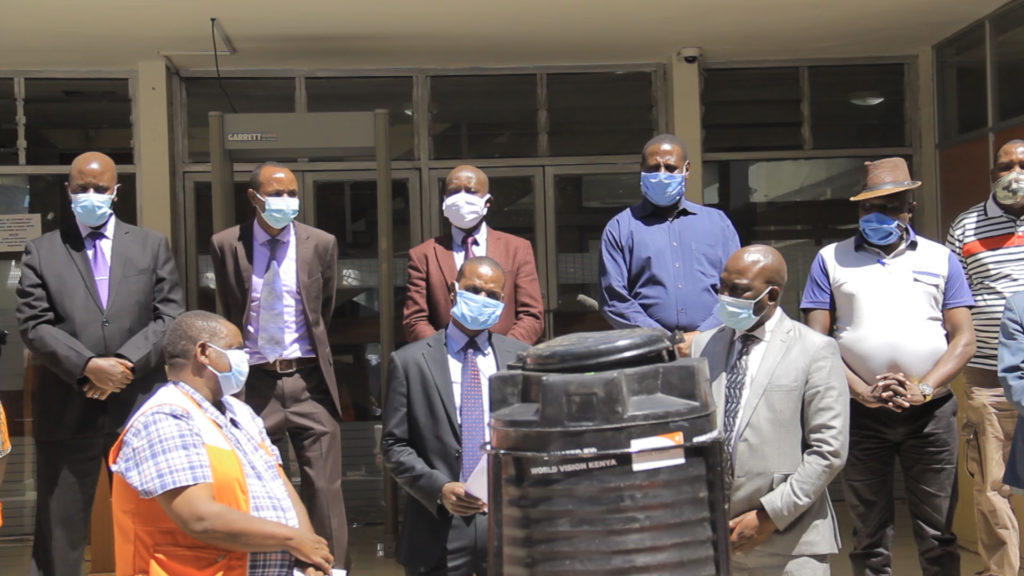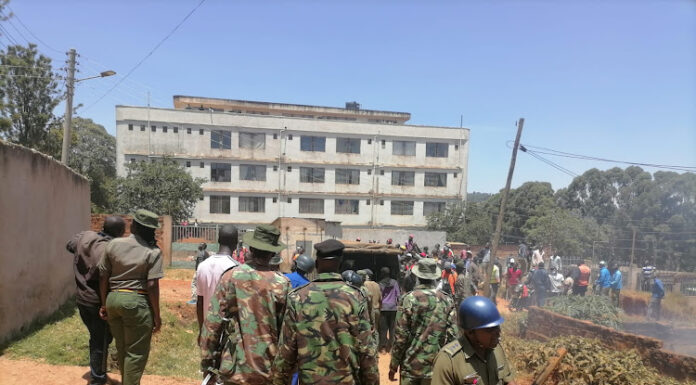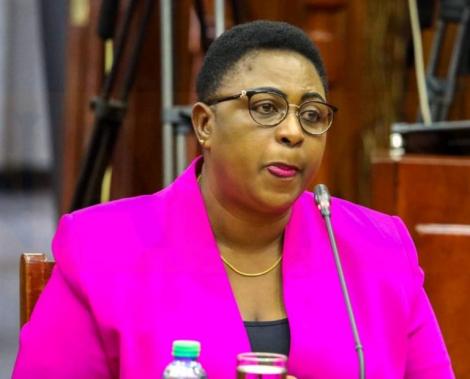
The Nakuru County Government is partnering with the international humanitarian organisation- World Vision to initiate projects aimed at scaling up provision of safe water and sanitation facilities in low income areas within four Sub-Counties towards supporting the fight against Covid-19.
World Vision Kenya Project Manager Canary Njehia said the initiative was aimed at enhancing proper sanitation by setting up hand washing stations, reviving collapsed community water projects and donating hand washing facilities, including improvised pitchers to residents of Rongai, Subukia, Naivasha and Gilgil Sub-Counties.
Njehia who spoke when the organisation delivered a consignment of sanitisers, soap, water treatment chemicals and water containers to County Deputy Governor Dr Erick Korir said provision of safe water and sanitation materials particularly in low income areas and slums was essential in safeguarding human health during Covid-19 outbreak.
“In terms of lack of access to clean water at a time when the global call is for people to be more vigilant in terms of hygiene, they are also vulnerable because of water scarcity in many parts of low income areas,” stated the World Vision Project Manager.
County Executive Committee Member for Water, Engineer Festus Ng’eno who is also the Board Director and Vice-Chairperson atWorld Vision Kenya (WVK) said the devolved unit’s administration had increased its pool of funds to finance production of sanitisers and personal protective gear for medical personnel.
He revealed that Technical Vocational Education Training Institutions (TVETS) being run by the County were producing 55,000 protective masks on weekly which were being distributed to 55 wards.
Engineer Ng’eno said his department was complementing humanitarian efforts being undertaken by well-wishers and donor agencies in low income areas by increasing water points and kiosks that provide the commodity at a subsidised rate.
The CEC assured residents that Water Service Providers had adopted mechanisms to guarantee continued provision of safe sanitation services in the low income areas including putting measures in place to limit contamination of water by waste.










